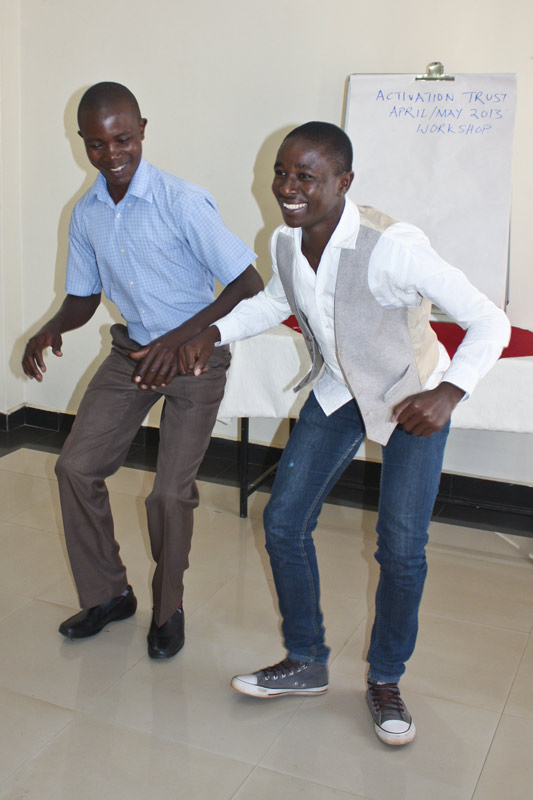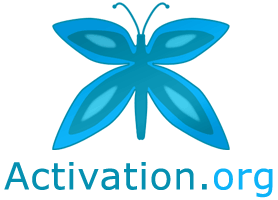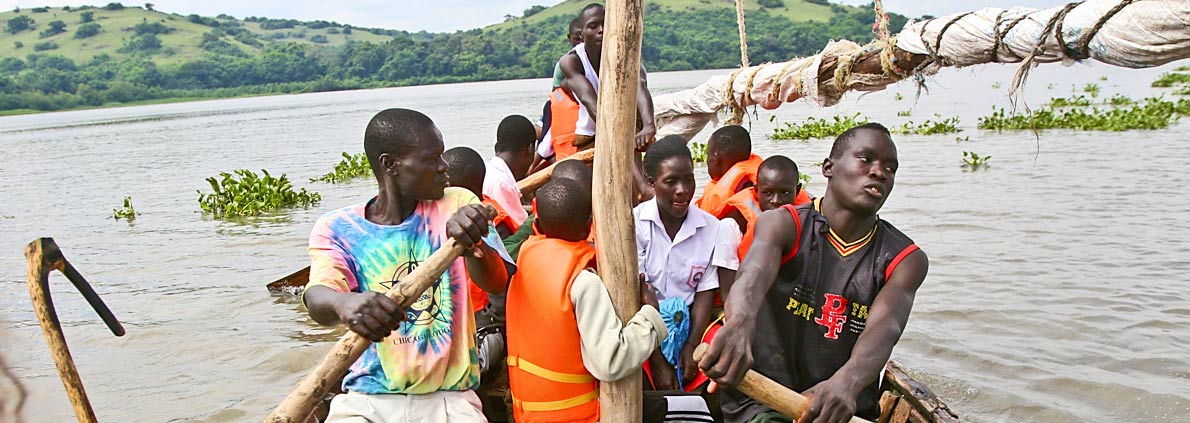Environmental Workshops
Three times a year during school holidays we run environmental workshops: we introduce various environmental issues affecting the children locally and globally. From time to time we have had guest workshop facilitators from Canada and the UK, exposing the kids to teachers from other cultures.
For example:
- Kisumu recycling centre — we took the the kids to a recycling centre and learnt about recycling and composting, Jonathon later introduced a composting programme at his school called “the beautification of the school” programme where the kids turned garbage into compost and grew flowers,
- Kisumu litter awareness — we took the kids to a lecture on general litter. They became aware of the general litter on their streets and collected some of the recyclable litter for the recycling centre,
- Forestry — we looked at the issues threatening the forests around Kisumu on a trip to one of the last remaining forests in the area,
- Lake Waters — we visited lake Victoria with a biologist from Canada, the kids leant about pollution and toxins affecting the quality of the lake water and fish life in Lake Victoria,
- Wildlife conservation — we took them on a field trip to the Massai Mara to see and learn about the animals in their country and conservation work on the reserve (this trip would otherwise have been completely out of their reach – paradoxically, few Kenyans can finance a visit to their own national park and hence have little access to their natural endowment)
- Animal and Plant ecological project — we visited the Haller Park (formerly the Bamburi Nature Trail). The Park was the first recipient to be honoured with the United Nations Environmental Program Global 500 Roll of Honour award for the unique, ecologically sound and successful rehabilitation undertaken for plants and animals. The Park consists of a Game Sanctuary, Reptile Park, small demonstration Fish Farm area, Palm Garden, Crocodile pens and a giraffe viewing platform, hearing from the guide and introducing the kids to animal and plant conservation,
- Ocean Visit — we took them to Mombasa to swim in the ocean and learn about marine wildlife and the threat to the marine habitat by human pollution of the oceans,
- Safe Drinking Water — a study and performance of “Water Ways” with a guest artist from the UK. The kids looked at the issue of accessing clean and safe drinking water for their local communities. We had a guest dance artist from the UK arrange a dance piece about water combining contemporary and African dance styles. We performed the piece “Water Ways” for the local Kisumu community telling a story about water with a dance performance. Other educators came, the district head of educational standards attended.
I first met the Activation Trust family six years ago when the kids appeared timid, lacked self-drive and demotivated. I am now meeting mature, confident and enthusiastic group of young adults ready to face the challenges of life. This makes us believe in the innate human potential when given opportunity to thrive…
—Mary Maissory, Education Standards Officer Kisumu District.
As a teacher and one who has been with this team for a long time, it is amazing to watch the excellent performances that the kids who seven years ago lacked courage to even pronounce their own names perform to an audience of varied composition with confidence after a brief period of rehearsal. I have been a judge in drama festivals for a long time and I can tell when a performing team has confidence. This program has not only supported the kids academically and economically, it has also equipped them with life skills essential for life challenges…
—Charles, head of the Kisumu High School Day school
Listen to the children singing the 'We Thank You Song'
The children sing the 'Activation Song'
Results
1. Retention
Our programme retains the kids through secondary school and sees them through to the beginning of University. It is worth mentioning because it is has been shown that retaining kids in school is a much more difficult task then helping them to start. They need all kinds of support and pastoral care that the workshop programme provides in order to help them overcome the obstacles that they will face along the way, particularly without parents to advise and advocate for them. We have a great team of local adults on the ground who know the kids better than we do and are able to help them with the small or overwhelming problems that they face in daily life to ensure that they can finish the programme and secondary school.
2. Academic Marks Improvement

Note - The "dip in 2012" is a result of 2 kids leaving the group to start University.
3. University Admissions
The programme provides the resources for the kids to get an education, become active members of the community sensitized to some of the environmental issues the planet is facing. These kids would otherwise not be able to attend secondary school, let alone finish secondary school. Over half are currently in university, one has graduated from nursuing, and another expected to start a degree in Education in 2014.
4. Transisiton to Financial Independence
The kids who have gone onto University are primarily funding their University Education through government loans and jobs. We have contributed small amounts financially in some cases. Some of them have got some assistant teaching jobs in primary schools on an ad-hoc basis during the remainder of their holidays. They transist to economic independence after graduating from secondary school.
A number of critics of independent assistance programmes claim that these programmes create a donor-mentality. We have not found that to be the case, on the contrary the kids are eager to find jobs and get loans to put themselves through University as best they can.

Impact
- On the children
The Children are able to form and acheive their own educational ambitions. - On the community
The Children take the Activation ethos of self initiative, community responsibility and environmental awareness away with them - seen in initiatives such as Jonathon's school Beautification project and most recently the performance piece "Water Ways" performed for members of the wider community. - On creating mentors for the Activation Programme
Our first graduates are ready to mentor another group of Activation children. They are ready and eager to lead a workshop session themselves.
Looking Ahead
These children are becoming capable adults prepared to work through difficulties and obstacles they have faced along the way. They are in a position to help find solutions for some of the problems we tackle, from poverty to environmental preservation. They can share their genuine experience of surviving poverty, with some assistance, while being invited and encouraged to reflect on their environment. Experiences we need in our leaders.

